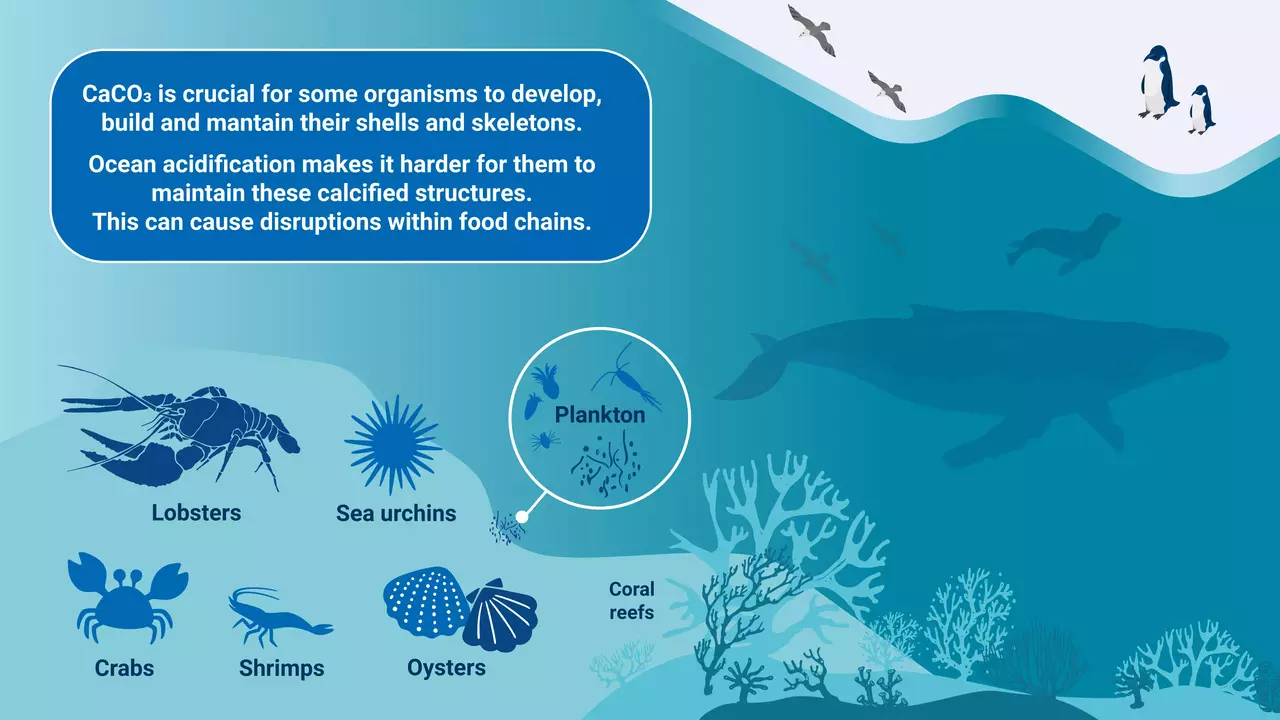Introduction
The maritime sector is witnessing remarkable advancements driven by technology, significantly impacting oceanography and environmental preservation. A recent study spearheaded by the UK National Oceanography Centre (NOC) challenges conventional wisdom regarding plankton’s role in ocean carbon storage, a pivotal area for climate research and policy-making.
This discovery not only reshapes our understanding of marine ecological processes but also emphasizes the need for continuous exploration in the maritime sector.
Understanding Plankton’s Role in Carbon Storage
Traditional Perspectives on Diatoms
Historically, diatoms, a type of plankton with silicate-based exoskeletons, have been considered crucial for transporting carbon to the deep ocean. Their dense, glass-like structures were thought to expedite carbon sequestration, enhancing long-term storage.
New Insights from the Southern Ocean
Recent expeditions to the Southern Ocean’s twilight zone have yielded surprising results. Contrary to previous beliefs, diatoms’ skeletons remain near the sea surface, while carbon is transported to deeper layers through alternative mechanisms. This revelation challenges the traditional understanding of the biological carbon pump.
Implications for the Biological Carbon Pump
The biological carbon pump, a series of ecological processes facilitating carbon transport from surface waters to the deep ocean, is now under reevaluation. This new insight necessitates a reconsideration of its role in mitigating climate change through deep ocean carbon storage.
Navigating Complexities in Ocean Carbon Storage
The groundbreaking discovery underscores the complexities of ocean carbon storage mechanisms. It highlights the importance of ongoing research into how microscopic marine life influences broader environmental issues, including climate change and marine ecosystems.
Future Directions in Maritime Research
Scientific and Policy Considerations
Scientists and policymakers must integrate these findings when developing strategies for environmental protection and climate change mitigation. Reevaluating the roles of diatoms and other plankton can enhance our understanding of the marine carbon cycle and its global sustainability implications.
Exploring Alternative Mechanisms
- Investigate other microscopic marine life contributing to carbon transport.
- Examine various biogeocycling processes within the marine carbon cycle.
- Assess the ecological impact of different plankton species on oceanic carbon storage.
Conclusion and Call to Action
The NOC-led study introduces a significant shift in our understanding of plankton’s role in ocean carbon storage. This revelation calls for further research and dialogue among scientists and policymakers. As the maritime industry evolves, it is essential to adapt to these new insights and support the exploration of alternative carbon storage mechanisms.
Let us strive for a more informed approach to environmental research and policy-making. By deepening our understanding of the intricate relationships between plankton and oceanic carbon storage, we can develop more effective strategies to combat climate change and safeguard the health of our oceans for future generations. Stay informed by subscribing to our newsletter, sharing this article, or leaving a comment below.
- UK NOC’s Study Challenges Role Of Plankton In Ocean
- Marine Technology News
- Op/Ed: We Cannot Let The Oceangate Tragedy Put A Pause
- Usvs To Collect Water Pollution Data In SW England – Marine Technology News
- SeaExplorer Underwater Glider Sets Record – Marine Technology News
- Deepsea Technologies Acquires AF Global UK – Marine Technology News
- SeaSearch – The Maritime News Aggregator
- McDermott Delivers RSS for Ichthys LNG Project
- Trelleborg Acquires Marimatech – Marine Technology News
- Tuas Port Phase 1 Reclamation Project Gets Engineering


Leave a Reply